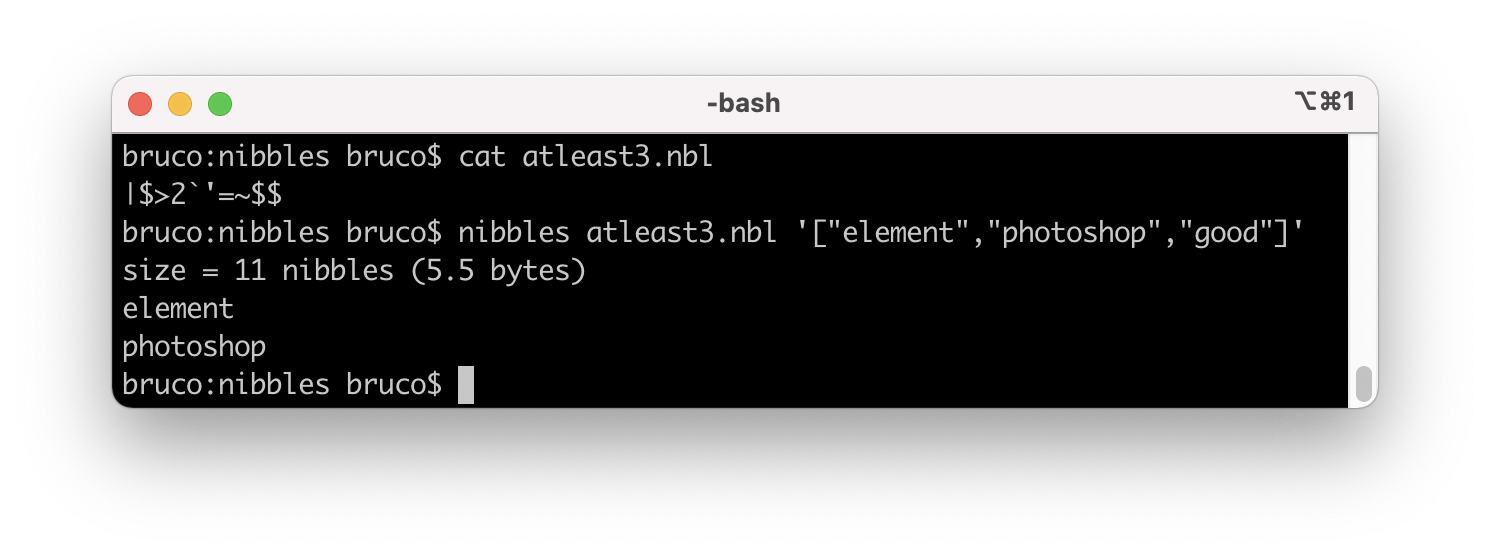Challenge:
Given the input array l with a list of strings, only keep the elements in the sequence that have a letter that's repeated at least 3 times. Like 'lessons' has 3 s letters, so it should be kept in the sequence. But, 'lesson' has only two s letters, so it should be removed.
Notes:
lwill always be a sequence, and its elements will always be strings with only alphabetical characters.I am using the example output with Python Lists. You can use any type of sequence in your own language.
Test cases:
['element', 'photoshop', 'good'] -> ['element', 'photoshop']
['happy', 'colorful', 'luggage'] -> ['luggage']
['reference', 'tomorrow', 'today'] -> ['reference', 'tomorrow']
This is code-golf, so the shortest code in bytes wins!

